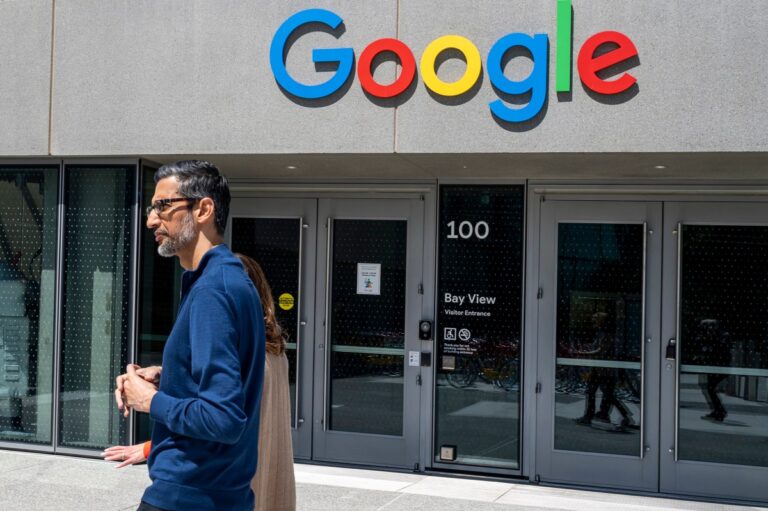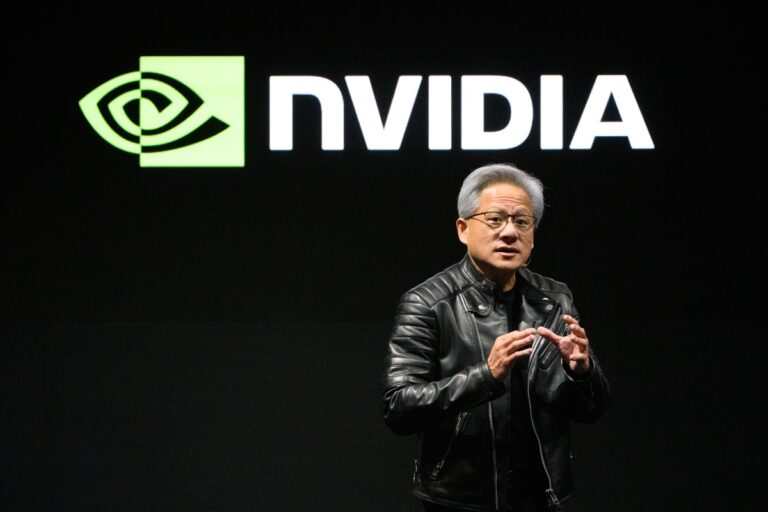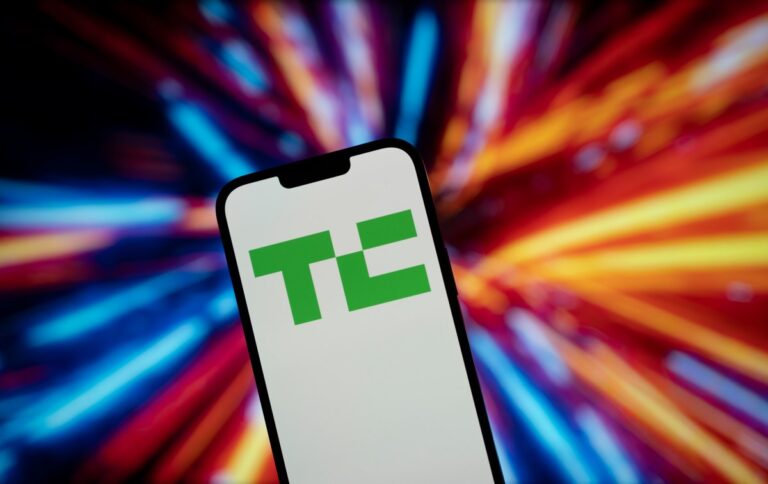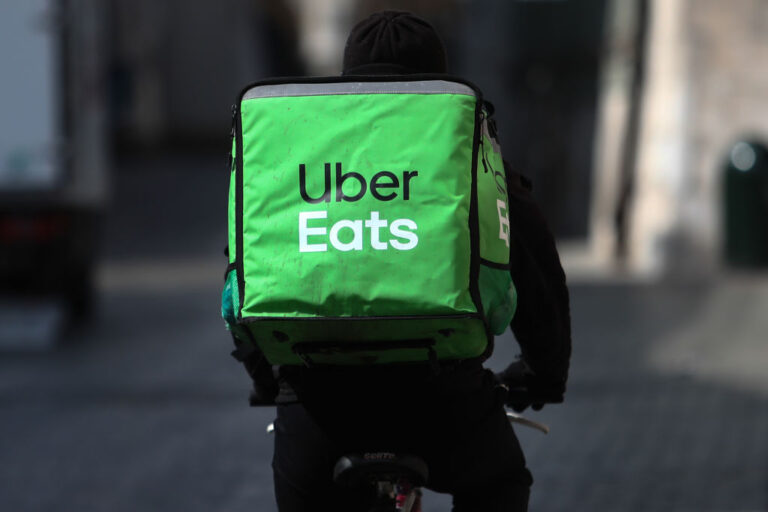
Similar Posts

Google Removes ‘Diversity’ and ‘Equity’ References from Responsible AI Team Page: What It Means for Inclusion in Tech
Google has updated its Responsible AI and Human Centered Technology team webpage, removing references to “diversity” and “equity,” which has raised concerns in the tech community. The new language focuses on more vague terms while omitting mentions of marginalized and underrepresented groups. This change follows similar actions by Google, such as altering its Startups Founders Fund grant website and announcing the elimination of diversity hiring targets. Other tech giants like Amazon, Meta, OpenAI, and Apple are also reassessing their diversity initiatives amid a broader political climate scrutinizing DEI practices. The future of DEI in tech remains uncertain as companies adapt to these challenges.

Unlocking Innovations: Key Highlights and Expectations for Nvidia GTC 2025
Nvidia’s GTC 2025 conference kicks off Monday in San Jose, running until Friday, with significant announcements expected, particularly during CEO Jensen Huang’s keynote on Tuesday at 10 a.m. PT. Key topics include AI, robotics, and automotive technologies, alongside around 1,000 sessions featuring 2,000 speakers. Anticipated highlights include the upgraded Blackwell chip lineup, promising enhanced performance and memory capacity, and the upcoming Rubin GPU series for 2026. Nvidia will also focus on quantum computing strategies. Despite facing challenges like overheating issues and competitive pressures, Nvidia remains a market leader with a projected $43 billion in revenue for the next quarter.

Breaking Personal News: TechCrunch Unveils Exciting Updates!
TechCrunch has transitioned to new ownership under Regent, a private equity firm, after being previously owned by Yahoo. This acquisition aims to revitalize the iconic tech journalism brand while ensuring minimal disruption to operations. TechCrunch will relocate to new offices in SoMa, maintaining a small connection with Yahoo. The experienced journalism team remains intact, promising high-quality reporting on technology trends. The shift reflects Yahoo’s strategy to focus on its core strengths, while TechCrunch continues to thrive in a changing media landscape. Upcoming events will feature prominent speakers, marking an exciting new chapter for the brand.

Unlocking Vision: xAI’s Grok Chatbot Gains Real-World Insight
xAI has launched the Grok chatbot, now enhanced with real-time vision capabilities through its new feature, Grok Vision. This allows users to ask questions about objects their smartphone cameras capture, similar to technologies like Google’s Gemini and ChatGPT. Currently available on iOS, it enables object analysis, text recognition, and environmental understanding. Additional features include multilingual audio support and real-time voice search. Android users can access these features with a $30-per-month SuperGrok subscription. Grok has also introduced a memory component for recalling past conversations and a canvas tool for document creation, marking significant advancements in its functionality.

AI Crawlers Drive 50% Surge in Wikimedia Commons Bandwidth Demand
The Wikimedia Foundation reported a 50% increase in bandwidth consumption for multimedia downloads from Wikimedia Commons since January 2024, largely due to automated data scrapers used for training AI models. This surge, primarily from bots, raises concerns about the sustainability of open knowledge resources and results in escalating costs for the organization. While human traffic is manageable, bot activity is unprecedented, prompting the foundation to allocate resources to block scrapers. Critics argue that AI crawlers often disregard traffic rules, threatening the open internet. The situation may force publishers to implement stricter access measures, impacting content accessibility.

Uber Abandons Foodpanda Taiwan Buyout: Navigating Regulatory Challenges
Uber Technologies has officially ended its acquisition of Foodpanda in Taiwan after the Fair Trade Commission blocked the deal due to competition concerns. The acquisition aimed to enhance Uber Eats’ market presence but faced regulatory scrutiny, as it would have given Uber a 90% market share in Taiwan. Currently, Foodpanda and Uber Eats control 52% and 48% of the market, respectively. Uber will incur a termination fee of approximately $250 million. Additionally, Foodpanda has implemented layoffs to cope with competitive pressures, while Delivery Hero is strategically exiting Southeast Asian markets, including Taiwan.
